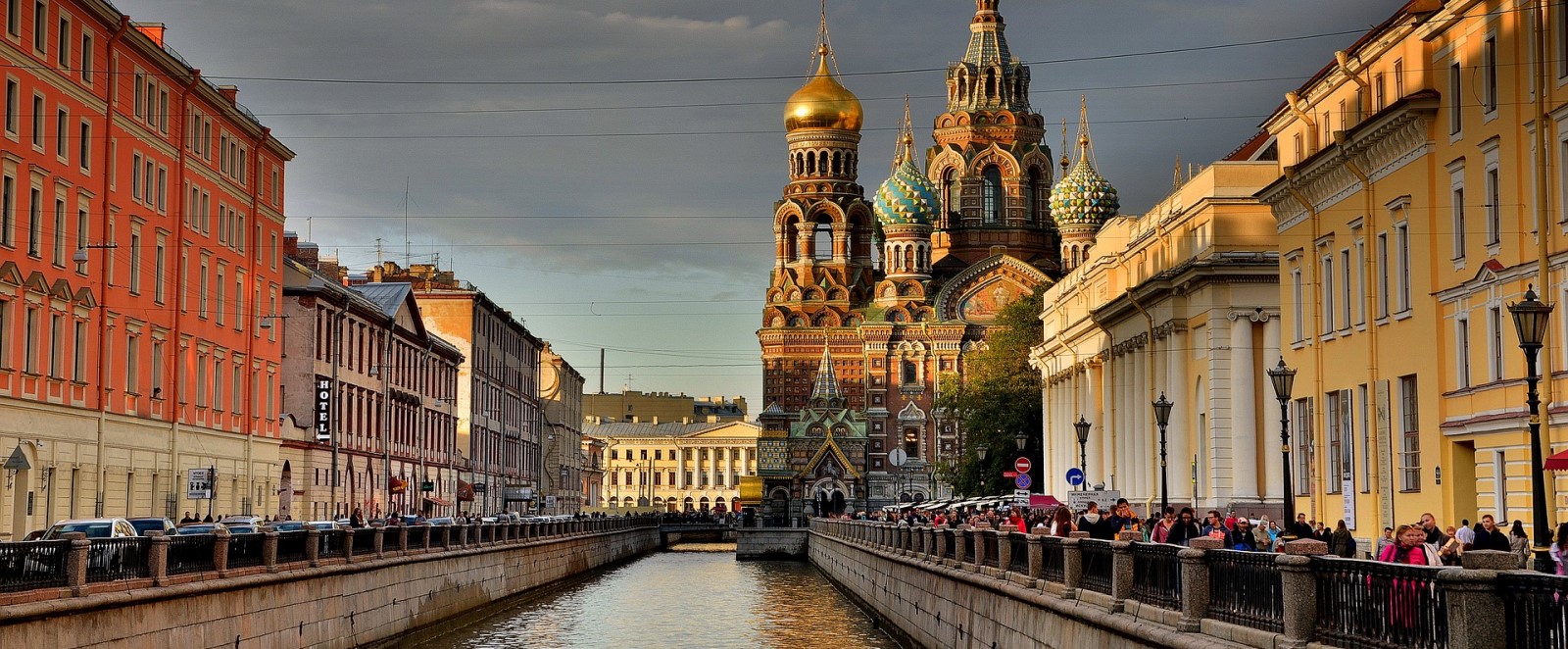Contents:
The 6th of June is a special day in Russian literature, as it is the birthday of Alexander Sergeevich Pushkin (1799 – 1837) who is considered as the creator of the modern Russian language.
Have you heard of Pushkin? Most likely you read one of his masterpieces, like Eugene Onegin, The Captain’s Daughter, Boris Godunov or Ruslan and Ludmila. Interestingly, critics of 19th century called Eugene Onegin an “encyclopedia of Russian life,” highlighting its all-round coverage of the country’s life at that time.
EARLY LIFE
He was born in a noble family of the most educated part of Moscow society. Interestingly, Pushkin had African ancestors from his mother’s side. His great grandfather called Abram Gannibal was an Abyssinian, who first lived in the palace of the Turkish Sultan and then was taken as a present to Peter the Great. Abram became a favourite of the Russian tsar and was sent for studies to Paris and later became very rich. Alexander admired his ancestor and wrote a novel about him – “The Negro of Peter the Great”.
Generally, Alexander was raised in a very cultural atmosphere. Lots of art people gathered in their family’s house. His grandmother Maria Alexeevna and his nanny Arina Rodionona, who later Alexander wrote about in his poems, participated a lot in his education.
In 1811, Pushkin was taken to the Imperial Lyceum in Tsarskoye Selo. Education there was very liberal and Pushkin started to develop his poetic skills very fast. That’s where he wrote his first verses at the age of 15. Already by 1817 Pushkin’s poetry had gained much attention of St. Petersburg’s major literary circles.

ADULT LIFE
Right after graduation, Pushkin got a job at the Collegiums of Foreign Affairs in St. Petersburg. Next several years were quite carefree for Alexander, so he was mostly spending time in the liberal and free-thinking circles while writing his first huge work “Ruslan and Ludmila”. Being at that time influenced by radial political views, he was exiled to the south of Russia, particularly he spent much time in the Caucasus and Crimea. That’s where he started working on his well-known novel “Eugene Onegin”.
After 1824 he was let to return and stayed some time in family estate at Mikhailovskoe. These years were productive for Pushkin, as he composed the tragedy Boris Godunov and continued writing his other works. Importantly, at that time his poems were censored, so Pushkin really had to struggle creating works not to offend the government, as that’s what he promised.
In 1831 he married Natalie Goncharova, who gave birth to three children of Pushkin. The family moved to an apartment in St Petersburg. Natalie was a very beautiful woman that grabbed the attention of the Petersburg’s society. She had many admirers, including the Dutch ambassador d’Anthes-Heeckeren.
Pushkin challenged him and was fatally wounded on the duel. He died two days later, on January 29th, in his apartment on Moika River Embankment, 12. This place is now called Pushkin’s Museum and Memorial Apartment and is open for visiting.

CONTRIBUTION
A lot of great writers like Fyodor Dostoevsky and Ivan Turgenev recognized Pushkin’s uniqueness and contribution. Actually Pushkin was the one who defined many themes that were later developed by other Russian writers. He wrote about the confrontation of society and an individual, the difficulty of choice between personal happiness and responsibilities, rebellious loners.
Of course, he wrote about love. A lot! One of his famous sayings: “The less we love her when we woo her, The more we draw a woman in.”
A lot of Pushkin’s works created the basis for operas by Russian composers. For example, Ruslan and Ludmilla by Mikhail Glinka, Eugene Onegin and The Queen of Spades by Peter Ilyich Tchaikovsky, Boris Godunov by Modest Mussorgsky.
There are many sights and details in St Petersburg related to the life of Alexander Sergeevich Pushkin. His name is given to streets, metro stations, theatres and, of course, the town in the suburbs of St Petersburg. You can see plaques and monuments in the main locations of his life and death. There is an obelisk on the spot of his duel on Kolomayzhsky prospect, a huge statue of the poet on Ploshad Iskusstv and other interesting sights that everyone can visit.


